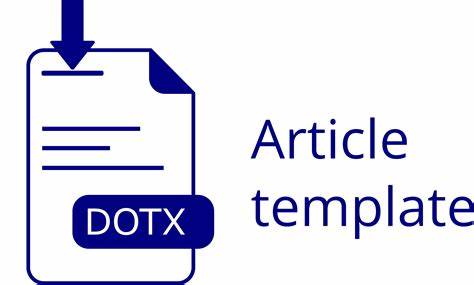Aplikasi Konsep Religious Marketing dalam Praktek Komunikasi dan Dakwah Islam
DOI:
https://doi.org/10.18592/alhiwar.v12i1.13592Keywords:
da’wa, marketing mix, religious marketing, Islamic communicationAbstract
The accelerated pace of technological advancement has facilitated the acquisition of information by a multitude of entities. Furthermore, it has altered the behavioural patterns of individuals, enabling the modern person to exercise greater autonomy in determining their own behavioural choices. This development necessitates that da'wah activists adopt innovative approaches to the dissemination of religious teachings. It is not within the power of religious leaders to impose their teachings on society. One such method is the utilisation of marketing concepts in the process of socialising religious teachings, which is commonly referred to as religious marketing. This study was conducted using the library research method with the objective of investigating the potential applications of marketing concepts in the context of da'wah activities. In practice, the marketing mix concept, as applied in commercial marketing activities, can be applied to activities aimed at socialising religious teachings. However, it is important to note that there are several key differences that must be taken into account when implementing the religious marketing concept in the context of promotional activities for religious teachings. One area in which the religious marketing concept is particularly prevalent is in the promotion of zakat funds. It is crucial for zakat fund management institutions to comprehend the tenets of religious marketing, as they must devise innovative strategies to attract donors and encourage them to entrust their zakat funds to these institutions.References
Andresen, Katya, Robin Hood Marketing : Stealing Corporate Savvy to Sell Just Causes, San Fransisco: Josses Bass, 2006.
Goldberg, dkk Marvin E. dan Martin Fishbein, Social Marketing : Theoritical and Practical Perspectives, New Jersey : Lawrence Erlbaum Associates, 2008.
Halim, Muhyi al-Din ‘Abd al-, Nahwa al-I‘lam al-’Islamy Fil Ashril Muashir, Tripoli: Maktabah al-Islam, 2000.
Harris, Richard Jackson Cognitive Psycology of Communication, New Jersey: Lawrence Erlbaum Associates, Inc., 2004.
Istianah, dan team “Analisis Sharia Marketing Mix Terhadap Kepercayaan Pelanggan dan Keputusan Pembelian Pada Online Shop TWIS.ID, 2018
Kotler, Philip dan Nancy R. Lee, Marketing in the Public Sector : A Roadmap for Improved Performance, New Jersey: Wharton School Publishing, 2007
Kotler, Philip Marketing Management : Millenium Edition, New Jersey: Prentice Hall Inc., 2001. Demikian pula pendapat ,
Malik, Dedy Djamaluddin Komunikasi Persuasif, Bandung:Remaja Rosdakarya,1994.
Mottner, Sandra.. “Marketing and Religion,” di dalam The Routledge Companion to Nonprofit Marketing, ed. 2008
Ni‘matallah , ‘Ali al-Rifa‘i, al-Da‘wah ila Allah, Kairo: Matba‘ah al-Husayn, 1992.
Perlof, Richard M. The Dynamics of Persuasion : Communication and Attitudes in the 21st Century , New Jersey: Lawrence Erlbaum Associates, Inc, 2003
Radi, Samir bin Jamil, al-I‘lam al-Islami, al-Risalah wa al-Hadaf , Makkah: Maktabah Rabitah al-‘Alam al-Islamy, 1417.
Rahim, Hamam ‘Abdu al-, Qawa’id al-Da‘wah ila Allah, al-Mansurah: Dar al-Wafa, 1989
Stanton, William J. dkk., Fundamental of Marketing,New York: McGraw-Hill, 1994
Downloads
Published
How to Cite
Issue
Section
License
Copyright (c) 2024 Muhammad Mabrur, Lalu Agus Satriawan, Udi Yuliarto

This work is licensed under a Creative Commons Attribution 4.0 International License.
Authors who publish with this journal agree to the following terms:
- Authors retain copyright and grant the journal right of first publication with the work simultaneously licensed under a Creative Commons Attribution License that allows others to share the work with an acknowledgement of the work's authorship and initial publication in this journal.
- Authors are able to enter into separate, additional contractual arrangements for the non-exclusive distribution of the journal's published version of the work (e.g., post it to an institutional repository or publish it in a book), with an acknowledgement of its initial publication in this journal.
- Authors are permitted and encouraged to post their work online (e.g., in institutional repositories or on their website) prior to and during the submission process, as it can lead to productive exchanges, as well as earlier and greater citation of published work.





